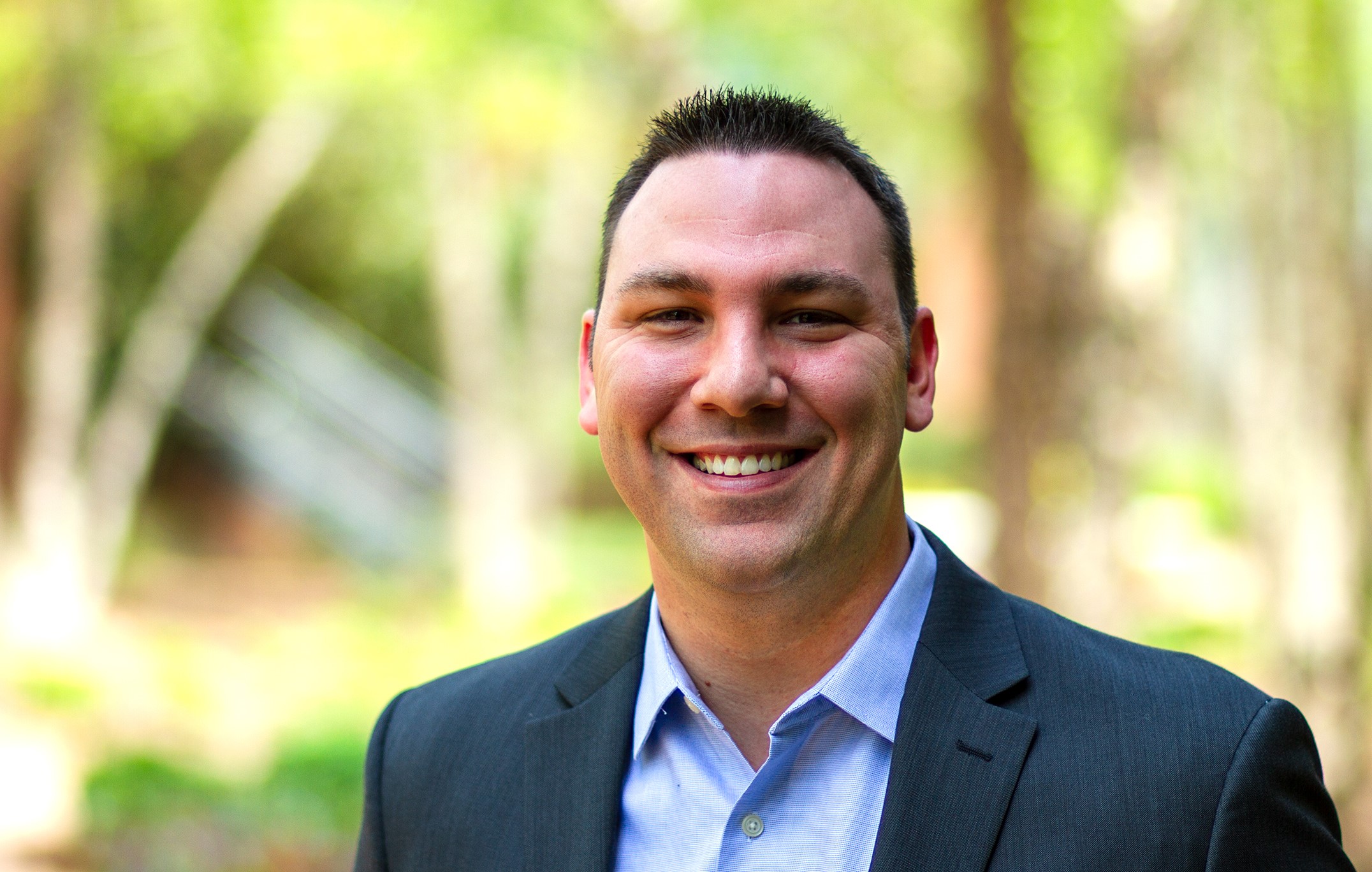For years, we’ve known that Americans are drowning in debt and aren’t saving for a rainy day, let alone for their retirement–or even next month.
So, it’s not surprising that 78% of people live paycheck to paycheck, according to a Career Builder 2017 survey. Or that the Federal Reserve reported in 2018 that 40% of people couldn’t cover a $400 financial emergency. Then, there are the 40% of borrowers who are likely to default on their student loans, according to numbers from Brookings Institute’s 2018 research.
Meanwhile, employers are recognizing that financial wellness should be part of an overall employee wellness strategy–an idea that will surely be given increasing attention as our current pandemic continues to wreak havoc on the economy.
But, what makes a good financial-wellness program, and how can HR folks find the best ways to help their employees?
“You can’t separate an employee’s life into perfect little buckets,” notes Brian Hamilton, vice president of financial wellness for SmartDollar, a Ramsey Solutions company. “Employers are catching on that these money problems don’t stay at home. They follow the employees to work.”
His presentation on “Overcoming the Myths of Financial Wellness” was slated for HRE’s Health & Benefits Leadership Conference in April, which has been canceled due to the coronavirus outbreak.
The financial-wellness themes stem from the parent company’s founder: author, radio host and business owner Dave Ramsey. SmartDollar translates Ramsey’s in-person program into an online one that companies can provide as a benefit to their employees.
Hamilton says common “financial-wellness” programs don’t get to the root of the problem, including student-loan refinancing, payday-lending programs, financial products and sales programs disguised as financial-wellness programs and automated micro-investing programs.
“Real financial wellness is about behavior change. [That means] inspirational, life-changing content; a step-by-step, clear plan that makes it easy to know what to do next; and tools that are tailored to help employees wherever they are in that plan,” he says. “We don’t want employers to be part of the toxic money culture.”
HRE: Why are companies providing financial-wellness programs?

Hamilton: The No. 1 place where employees look for help is work. It’s where all their income comes from. It’s where their expenses–health insurance, life insurance, taxes–come out of their check stub. A big part of their financial world is tied up through their employer, and they trust their employer on these topics.
HRE: One of the myths you bust is that refinancing student-loan debt is not really financial wellness. Why?
Hamilton: Kids are getting out of school with $30,000, $40,000, $50,000 and $100,000 in student-loan debt. A lot of companies are just checking the box on student loans [by] doing refinance programs and calling that financial wellness.
There’s a lot of good student-loan things happening and companies are looking to match student-loan payments [to pay it off or invest in their retirement]. That is awesome. But a lot of companies are just checking the box on student loans with refinancing programs and calling that financial wellness. These are getting higher interest rates and [require a] longer time to pay off debt, and it gives them this false sense of progress, like they’ve done something when you refinance or consolidate. You’re just moving the debt. You’re not fixing the problem.
[Also,] when the employer is putting the solution in front of them, that looks like it could solve their immediate problem. It’s coming with way too much trust. And they’re really just a bunch of Band-Aids.
HRE: You also talk about how companies have been offering in-person financial-wellness classes for years that just aren’t reaching enough people. Why is that?
Hamilton: There’s this negative stigma around money. The boring 401(k) presentation comes to town once a year … and nobody comes, but it’s not embarrassing to talk about. The real problem is budgets and debt and emergency funds–that’s what we have to address. If you have to sit around with your co-workers and talk about your credit-card debt and not doing a budget, that’s embarrassing.
Second was the intimidation factor. My first step, if I’m one of these normal Americans, is to sit with a coach or a financial planner. If you don’t have your act together, you don’t want to go in front of a certified financial planner.
The third problem is the logistical nightmare [of in-person classes]. You’re going to offer the classes on Tuesdays at 2. Well, great. What about everybody else who can’t make it during that time? If you are married, it also means getting your spouse involved. And, then there’s multiple locations and shifts. Even if people wanted to do it, we were putting barriers in the way. We can personalize it a lot more when we can do it digitally and we don’t have the negative stigma, the intimidation factor and the logistical nightmare of the classes. Now, instead of 2% to 5% participation, depending on the company, we see 20% to 50%.
HRE: What do you consider the biggest financial stressors today?
Hamilton: The four big financial problems that all lead to stress are not having a budget, having debt, not having emergency savings and not being on track for retirement.
For example, on the retirement side, 55% of Americans have less than $10,000 saved for retirement. And that is not a new problem–it was about that 10 years ago as well. So, we have not made progress in the past 10 years with all this “free financial wellness.” Companies are in the position to be the secret weapon to help their employees.
Most HR people don’t realize it–and we’re trying to spread this message–that employers are the ones who fixed smoking in America. Thirty years ago, everybody was smoking. Companies looked up and saw what it was doing to their healthcare costs and they got involved [in offering smoking-cessation programs and incentives]. We’re looking at these employers to be the reason we get America on track for retirement.

